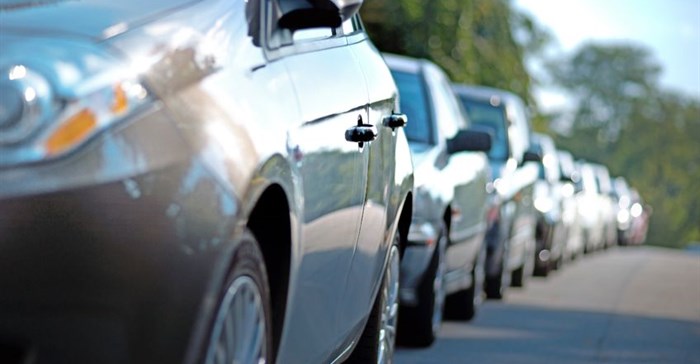
Top stories






AutomotiveHilux Custom Builds offers purpose-built solutions for your business
Toyota South Africa Motors 16 Feb 2026
More news


Marketing & Media
Ads are coming to AI. Does that really have to be such a bad thing?














“Digital disruption is turning our world on its head and technological advances in how we get around are having a massive cultural impact. On-demand, digitally-driven car services are on the rise and, as a consequence, we are viewing cars far more practically these days,” says Fernando Azevedo Pinheiro, joint MD of CarZar.
“One major impact is a change in the way we are buying and selling cars. A far more utilitarian view on car ownership means that consumers want a quicker, more efficient experience when it comes to selling their car. There is therefore a sharp uptake in digital sites which allow consumers to facilitate the car sale process online.”
Here, in Pinheiro’s view, are the top three disruptive trends impacting our individual mobility behaviour.
The fact that Uber is already a verb, just seven years after launch, is a clear indictment of the success of the quintessential digital industry disruptor. People are increasingly leaving their car at home and taking an Uber. The advantages are myriad. You can use your laptop or tablet in the traffic, you can drink as much as you want, you don’t need to find parking. And it is inexpensive. According to an article published by ITWeb, “if you travel 15km per day, it would cost R4,500 if you used Uber daily. With this number in mind, it would be cheaper to use Uber versus owning a car.”
Uber’s newer offering Uber Pool is another disruptive move. Uber Pool allows people to share a car with three or four people who are travelling in the same direction. Pinheiro says that the company makes it much cheaper for people to ‘Uber’ because costs are pooled. “It is slightly more expensive than the train or a bus, but it is still very affordable. We think it could work very well in South Africa where people are used to using their own car for transportation as this option will be cheaper.”
These handy apps are the modern version of car rentals. Similar to Uber, except you have to find and drive the car yourself. The biggest operator in this space, Car2Go, offers a per minute fee and you don’t pay parking, fuel or registration fees. Drivers use their phone to find a car, drive it, and simply leave it parked somewhere when they’re done with it.
According to a McKinsey report, up to 15% of new cars sold by 2030 could be ‘self-drive’. While the technology is already there, there are some challenges; one of the big ones being how these cars will handle navigating pedestrians. With proposals such as urban planning separating driving areas from walkways, it is likely that these challenges will be overcome quickly allowing this game-changing technology to gather steam.
Pinheiro said, while some of these trends are further away in South Africa than others, their common ethos already seems to be impacting the way consumers are buying and selling cars.
“When we entered the market in February this year, we knew there was a gap for an objective online-only service which allowed people to facilitate the sale of their cars for the right market price and get cash that same day. But we weren’t really prepared for how strong the take-up has been. We are currently assessing an increasing number of cars each day. We’ve seen people keen to sell everything from a 2014 Land Rover Range Rover Sport valued at R750 000 to a 1992 Mazda 323 valued at R10 000.”
He said many prospective sellers are downgrading to cheaper models. “This is both from necessity – the economy is so tight, they need cash in hand for their cars. And also for practical reasons, in line with digital advancements. Many are finding themselves using Uber more and more and are simply not using their own car as much. This makes parting with the high monthly instalments on a big vehicle a little harder to do so they are selling their car for a more cost effective model.”
Pinheiro concluded that he really believes that mobility will change the way people commute, but that it will never replace the pleasure and freedom of owning a car.